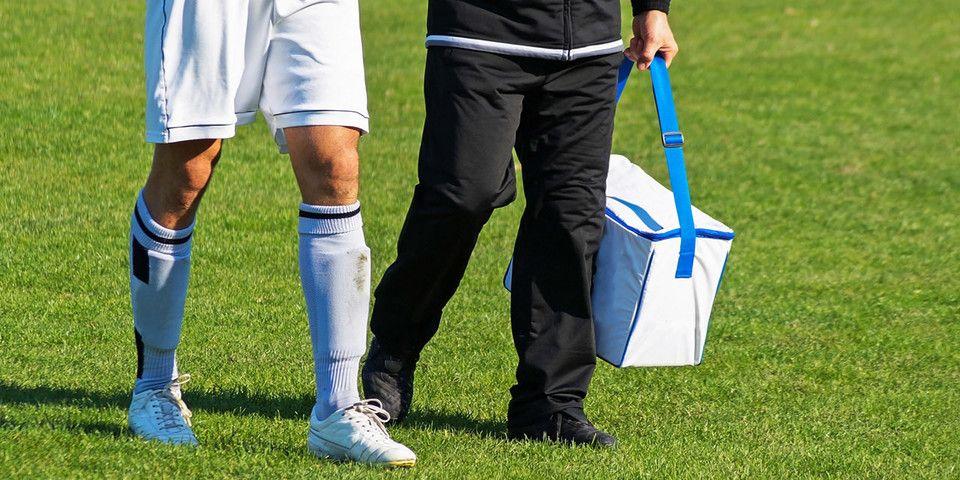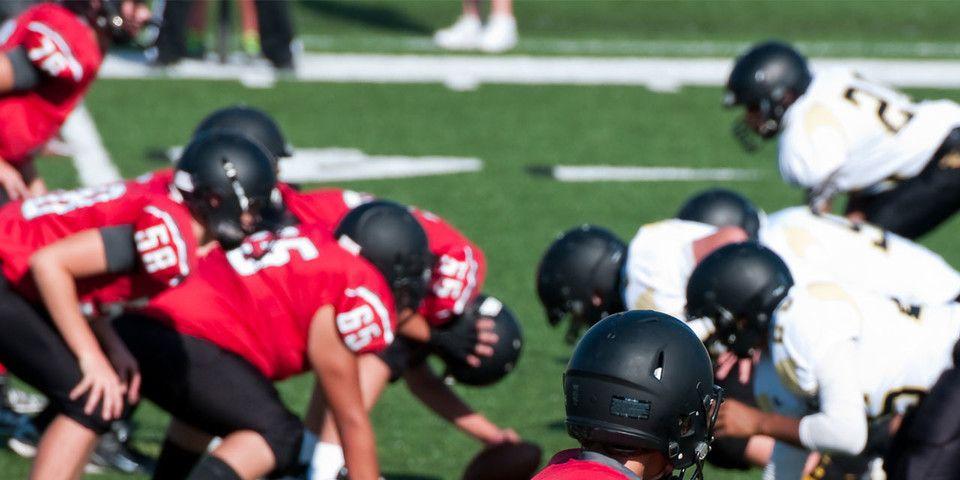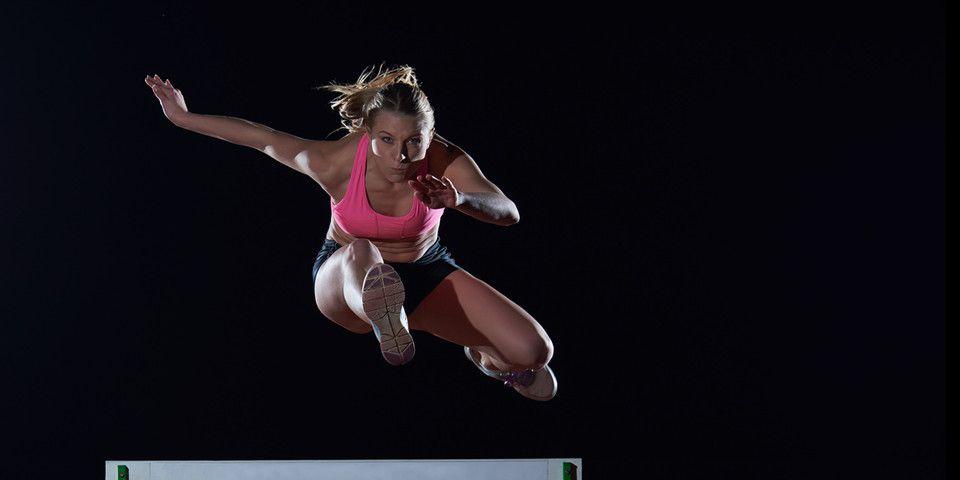Wondering What Causes Volleyball Injuries? The Critical Info You Need
Understanding what causes volleyball injuries is key to preventing them.
Volleyball is a fun and exciting sport. And no one wants their fun and excitement interrupted by an injury. Most people don’t think of volleyball as a particularly injury-prone sport - the opponents are on the other side of the net! Unlike football, soccer, or lacrosse, volleyball should be a pretty low-impact sport. However, not all injuries occur due to a collision with another player. So, what causes volleyball injuries and how can they be avoided?
Understanding What Causes Volleyball Injuries and How to Prevent Them
While it is possible for any range of injuries to happen on the volleyball court, the most likely types of injuries generally fall into one of two categories: impact and overuse. Let’s take a look at what causes volleyball injuries so we can better understand how to prevent them.
Impact Injuries: While volleyball is not a contact sport, players still make contact with other surfaces which may cause injury - primarily, the floor and the ball. Injuries to the fingers, hands, and wrists may occur while hitting the ball. Dislocations, sprains, and tears are particularly common from setting or blocking the ball.
Diving to save the ball may also result in impact injuries to the knees and legs. The knee pads players wear usually help prevent injury, but landing wrong or too hard may still result in volleyball knee injuries.
Overuse Injuries: The other main category of volleyball injuries is caused by overuse. Serving and spiking the ball, in particular, require frequent, repetitive overarm motion. This repeated motion puts the shoulders at risk of injury.
Becoming aware of the types of injuries that are likely to occur from participating in a sport can be discouraging; but with proper preventative measures, you can significantly reduce your risk of injury.
Preparation: The excitement and energy of participating in a sport can often lead to athletes acting recklessly and failing to properly prepare. Getting in there and giving it your all is important, but too much, too fast, can have disastrous results. Use these tips to properly prepare for your time on the court.
-
Stay fit: Staying fit is important if you want to play the game well but also to prevent injury. Entering the season without a proper fitness foundation is setting yourself up for injury. Be sure to maintain your fitness levels throughout the off-season, and when you do return to your sport, increase your activity levels and intensity gradually to allow your body a chance to adjust.
-
Warm up and cool down: Cold muscles are more likely to be injured, so take some time before every practice and game to adequately warm up and stretch out your muscles. Be sure to also cool down after your practice or game to reduce muscle soreness and maintain flexibility.
-
Diet and Hydration: To keep your body functioning at peak performance you need to give your body the proper fuel. This means eating well-balanced meals to keep your bones and muscles strong and drinking plenty of water.
Technique: Utilizing proper technique is important during any activity or sport, but for volleyball, in particular, it is crucial. Serving, setting, spiking, blocking, digging, and diving. All of these actions will be done over and over again throughout any game or practice. All of them, if done improperly, have a high likelihood of causing injury. Talk to your coach or trainer about your form and what you need to work on. The better your form while playing, the lower your chances of injury.
Resting:Athletes don’t always like to listen to their bodies because sometimes their bodies are saying “stop.” That aching shoulder might be frustrating, but at the end of the day, what are a few more serves?
The truth is, the relatively small aches and pains might not seem like a big deal and they likely aren’t. Yet. But they are your bodies way of saying that it needs a break. If you ignore these warning signs, they will usually get worse. To maintain your fitness levels you may be able to cross-train utilizing activities that do not agitate the current issue.
Taking the time to understand what causes volleyball injuries, how to prevent them, and implementing those strategies may take a little work, but it is absolutely worth it if it keeps you healthy and in the game. If you need further information about volleyball injury or prevention or would like to schedule an appointment with our orthopaedic team, visit us here or contact us at 1-800-321-9999.
Related Specialties
Related Conditions
Related Programs
-

Athletic Training- Sport Medicine Outreach
Our Field Athletic Trainers provide direct sports medicine care to youth, high school, college and professional athletes. Rothman AT’s provide athletic training services throughout Southeastern PA to interscholastic high schools, colleges, as well as tournaments and special events.Read More -

Injury Prevention Program
The Injury Prevention Program at the Rothman Orthopaedic Institute is dedicated to the prevention of injuries from athletic participation, particularly youth sports.Read More -

Sports Concussion Program
Concussion care is a special focus of Rothman's sports medicine program. We've developed the most advanced multi-disciplinary evaluation and treatment techniques based on research done by the concussion specialists here at Rothman Orthopaedic Institute.Read More -

Women’s Sports Medicine Program
The Women’s Sports Medicine Program at the Rothman Orthopaedic Institute is the first of its kind in the Philadelphia metro area and one of only several such programs specializing in the comprehensive care of the female athlete in the country.Read More




